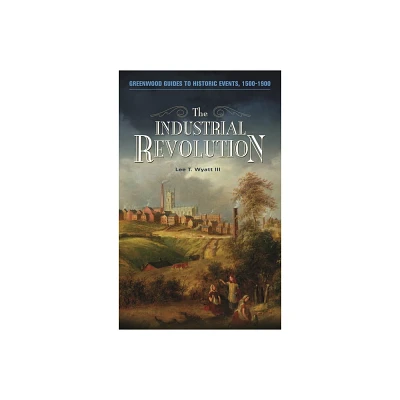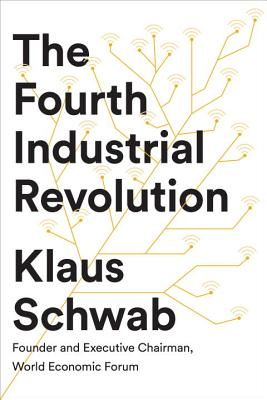Home
Women, Writing, and the Industrial Revolution
Loading Inventory...
Barnes and Noble
Women, Writing, and the Industrial Revolution
Current price: $27.00


Barnes and Noble
Women, Writing, and the Industrial Revolution
Current price: $27.00
Loading Inventory...
Size: OS
*Product Information may vary - to confirm product availability, pricing, and additional information please contact Barnes and Noble
Selected by
Choice
Magazine as an Outstanding Academic Title
The industrial revolution in nineteenth-century England disrupted traditional ways of life. Condemning these transformations, the male writers who explored the brave new world of Victorian industrialism looked longingly to an idealized past. However, British women writers were not so pessimistic and some even foresaw the prospect of real improvement. As Susan Zlotnick argues in
Women, Writing, and the Industrial Revolution
, novelists Elizabeth Gaskell, Charlotte Brontë, Frances Trollope, and Charlotte Elizabeth Tonna were more willing to embrace industrialism than their male counterparts. While these women's responses to early industrialism differed widely, they imagined the industrial revolution and the modernity it heralded in ways unique to their gender. Zlotnick extends her analysis of the literature of the industrial revolution to the poetry and prose produced by working-class men and women. She examines the works of Chartist poets, dialect writers, and two "factory girl" poets who wrote about their experiences in the mills.
Choice
Magazine as an Outstanding Academic Title
The industrial revolution in nineteenth-century England disrupted traditional ways of life. Condemning these transformations, the male writers who explored the brave new world of Victorian industrialism looked longingly to an idealized past. However, British women writers were not so pessimistic and some even foresaw the prospect of real improvement. As Susan Zlotnick argues in
Women, Writing, and the Industrial Revolution
, novelists Elizabeth Gaskell, Charlotte Brontë, Frances Trollope, and Charlotte Elizabeth Tonna were more willing to embrace industrialism than their male counterparts. While these women's responses to early industrialism differed widely, they imagined the industrial revolution and the modernity it heralded in ways unique to their gender. Zlotnick extends her analysis of the literature of the industrial revolution to the poetry and prose produced by working-class men and women. She examines the works of Chartist poets, dialect writers, and two "factory girl" poets who wrote about their experiences in the mills.


















